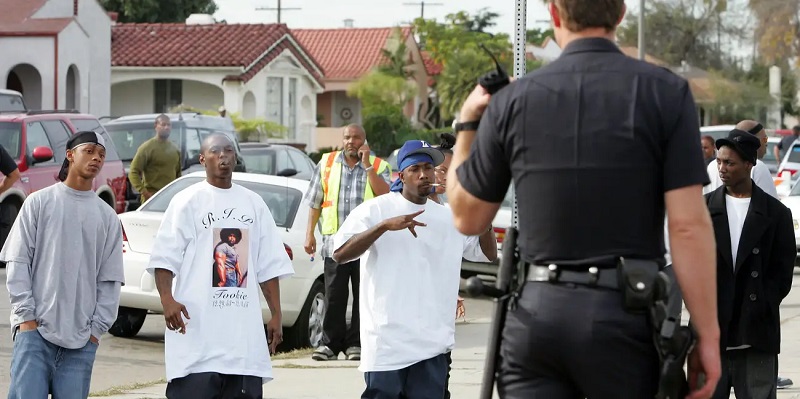In the criminal justice system, the Brady rule serves as a vital safeguard to protect the rights of defendants by requiring prosecutors to disclose potentially exculpatory evidence to the defense before trial. However, this rule, while well-intentioned, faces several challenges in its enforcement, often leading to violations that can result in costly and time-consuming new trials. To address these challenges and enhance the fairness of the legal process, it is worth considering the introduction of independent special masters.
The Brady Rule: Ensuring Fair Criminal Trials
The Brady rule, established by the U.S. Supreme Court in 1963 in Brady v. Maryland, is a cornerstone of criminal procedure. It mandates that prosecutors must provide defendants with any evidence that could be favorable to the accused, including evidence that could impeach government witnesses. This rule ensures that defendants have a fair opportunity to prepare their case and protect their rights.
When prosecutors fail to comply with the Brady rule, it can lead to wrongful convictions and the need for costly retrials, which burden the criminal justice system. Brady violations result in inefficient outcomes, undermine the principle of justice, and erode public trust.
Enforcement Challenges
One of the inherent challenges of the Brady rule is that it places the onus on prosecutors to identify and disclose exculpatory evidence. However, this presents a dilemma, as prosecutors naturally want to win their cases and may have an incentive to withhold potentially exculpatory evidence.
The enforcement of the Brady rule is further complicated by the fact that defendants often remain unaware of what evidence the prosecution has failed to disclose. This lack of transparency leaves defendants at a disadvantage and hinders the rule’s effectiveness.
Special Masters: An Independent Solution
To address these challenges and ensure the Brady rule’s proper implementation, the concept of introducing independent special masters is worth considering. Special masters, legal professionals with no direct stake in the criminal case, could review the prosecution’s evidence to identify information that should be turned over to the defense. While the special master’s recommendations would not be binding, they would provide a crucial step in ensuring compliance with the Brady rule. If the prosecution objects to the special master’s findings, these objections could be resolved through pretrial hearings presided over by a judge.
The introduction of a special master encourages prosecutors to be more candid and forthcoming with evidence, as the special master represents an impartial third party. This candid exchange of information can help prevent violations of the Brady rule before they occur, ultimately enhancing the fairness and efficiency of the legal process.
By fostering a more cooperative and transparent exchange of information between the prosecution and the defense, special masters can help make criminal trials more just and efficient. It is a concept worthy of further exploration to address the persistent challenges in preserving the fundamental principles of justice and fairness.


